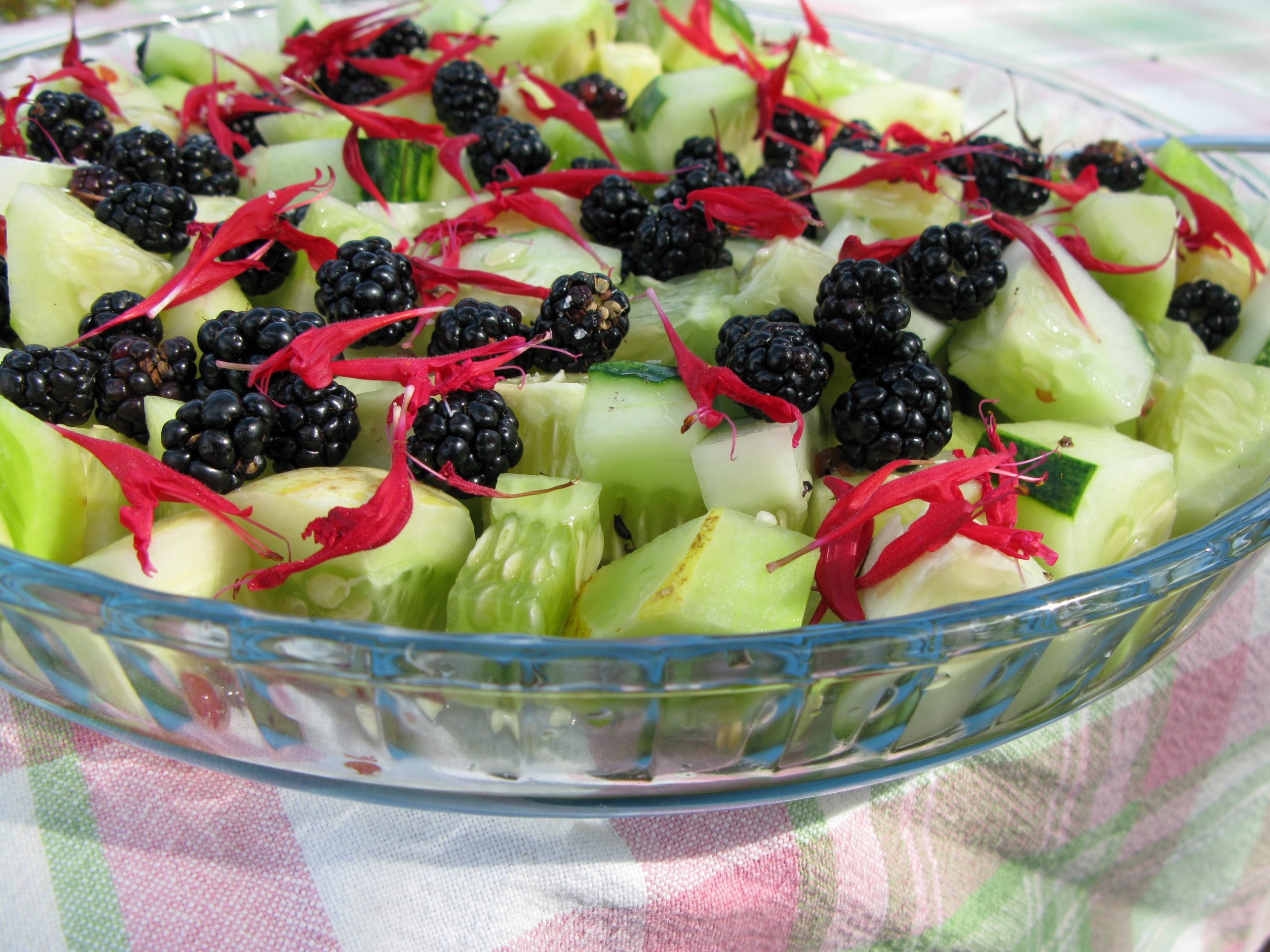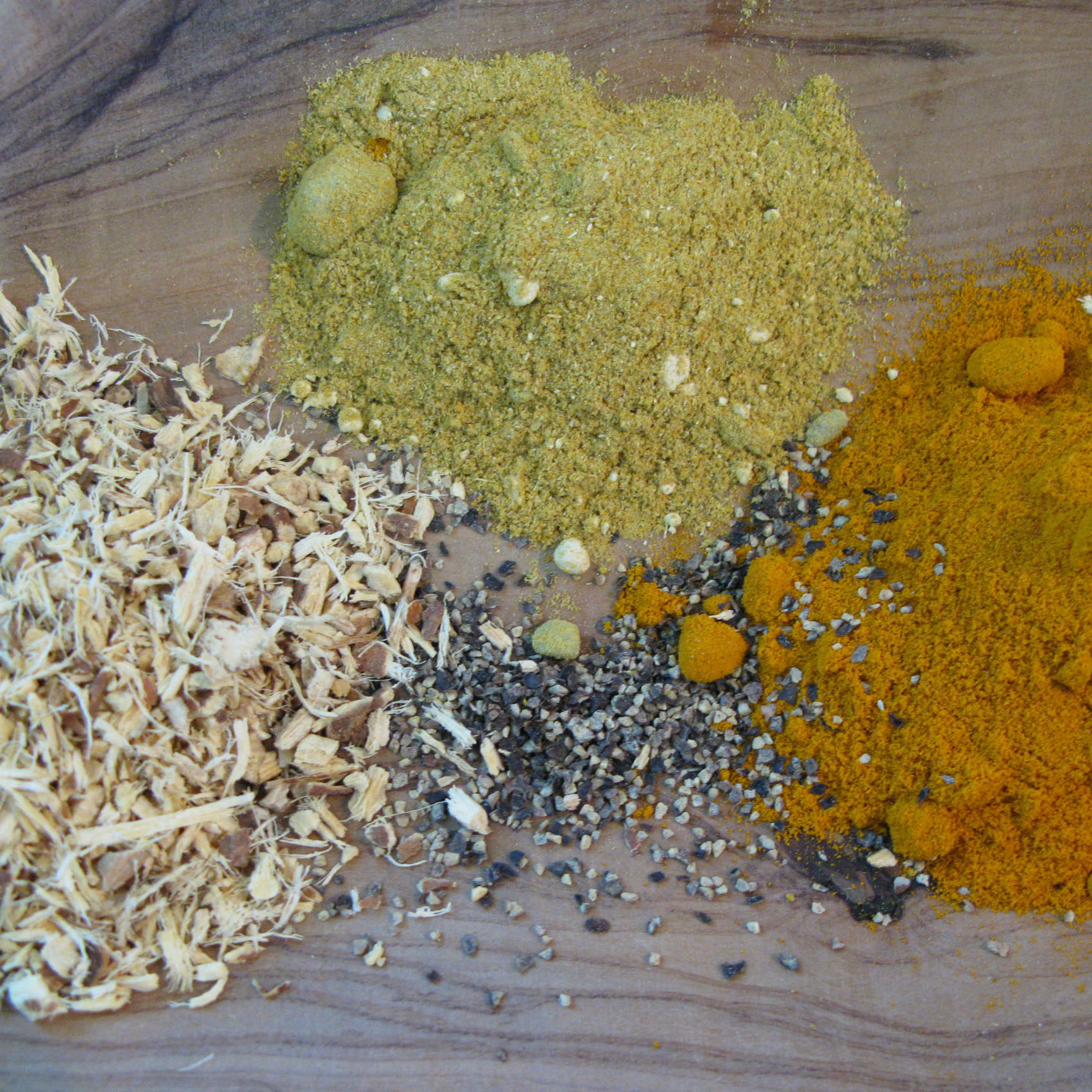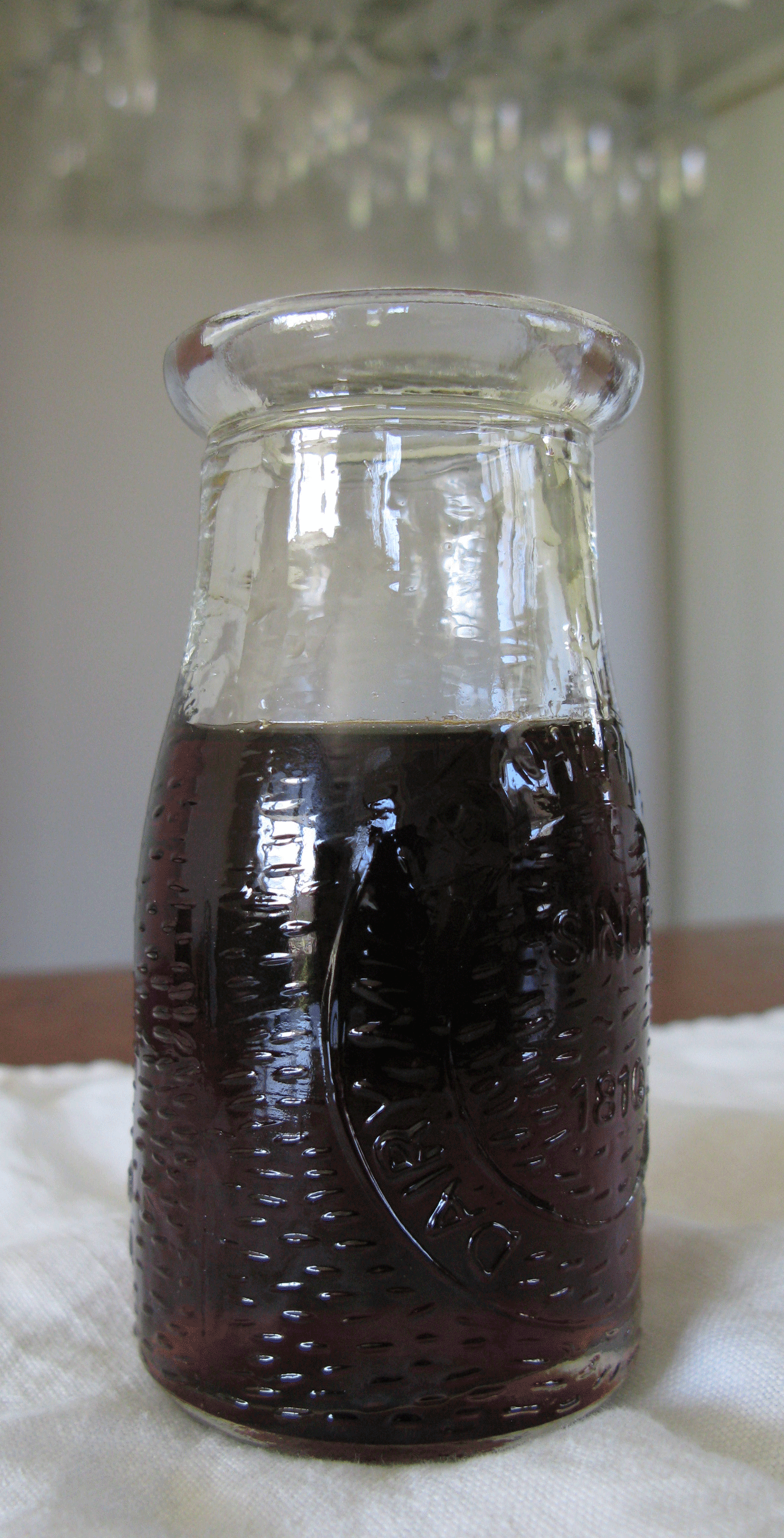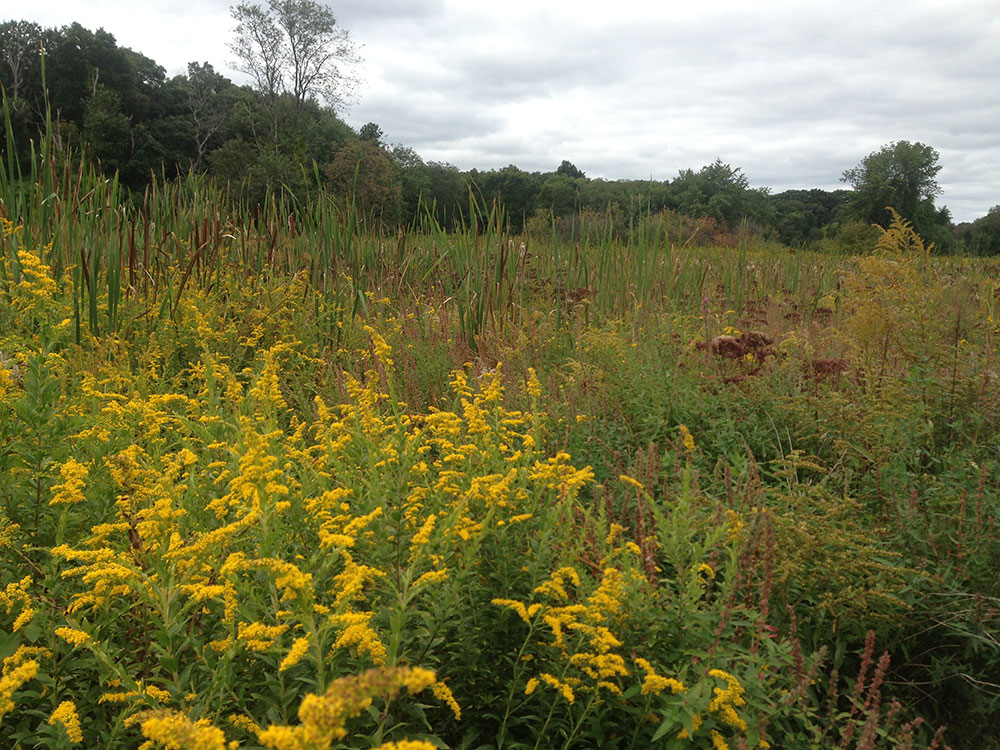Notes from Anticancer: A New Way of Life
Some fantastic ideas for keeping lymph clean from the mind-blowing book, Anticancer: A New Way of Life:
“… When taken together the combination of green tea and soy enhances the protective effects observed when each is taken separately. This is true for both prostate and breast cancer.” P. 111
“Steep green tea for ten minutes to release catechins. Drink within an hour. Do not store – loses polyphenols after an hour or two.” P. 133
“In a group of Japanese women suffering from breast tumors that had not yet metastasized, researchers discovered that those who consumed 3 cups of green tea a day had 57% fewer relapses than those who only drink one cup a day. In men with prostate tumors, daily consumption of 5 cups of green tea reduce the risk that their cancer would progress to an advanced stage by 50%.”
“… Olives contain an abundance of antioxidants. The direct effect of such molecules is to limit the initial development of cancer. Particularly when it is a virgin, olive oil also contains …known antioxidants and have been linked with slower progression of cancer. Since all these chemicals are fat soluble, they are absorbed into fatty tissues, with the resulting known protective effects against breast cancer, colon cancer, and uterine cancer.”
“These mushrooms (Shiitake, maitake, kawaratake, enokitake, oyster) contain a molecule called lentinian, and this, along with other polysaccharides they contain in great quantities, stimulates the immune system directly.”
“In Japanese university studies, the number and activity of immune cells increase notably in patients who are given mushroom extract, and immune cell activity increases even within the tumor itself.” P. 117
“Ellagic acid is a polyphenol found in large quantities in raspberries and strawberries…it is also found in hazelnuts and walnuts. In doses amounting to a normal dietary portion of raspberries or strawberries ellagic acid has already shown it could slow tumor growth significantly in mice exposed to aggressive carcinogens.… Indeed ellagic acid (found in strawberries, raspberries, walnuts, hazelnuts, pecans, cherries, blueberries, cranberries, cinnamon, dark chocolate) was shown to act against the two most common mechanisms of stimulation of blood vessels.” P. 118
“Berries have recently found some competition: peaches, plums, nectarines, etc. (collectively known as stone fruit), whose anti-cancer virtues were previously unknown….These fruits, particularly plums, are at least is rich in anticancer elements as small berries.” p 119
“… Mint, thyme, marjoram, oregano, basil, and rosemary. They are rich in fatty acids of the terpene family, which makes them particularly fragrant. Terpenes have been shown to act on a wide variety of tumors by reducing the spread of cancer cells or by provoking their death.… One of these terpenes – carnasol in rosemary – affect the capacity of cancer cells to invade neighboring tissues.”
“…apigenine – plentiful in parsley and celery – has demonstrated powerful inhibition of the creation of blood vessels, which tumors need to grow, and to a degree comparable to (the drug) Gleevec. This effect occurs even with very small concentrations…” P. 120
“When tomatoes and broccoli are consumed together, we can see a cumulative effect.” “Together with his team from the university of Illinois, Professor Erdman studied the effects of a diet including tomatoes and broccoli (at levels equivalent to human consumption) in rats with prostate cancer. Rats whose diet was enriched with a mixture of powdered tomato and powdered broccoli saw the weight of the tumors diminished by 52% – far more than those who received only powdered tomato (34% reduction) or powdered broccoli (42% reduction). Those who received only lycopene, which is widely considered to be the protective component in tomatoes, saw their tumors diminish by no more than 18%. “Real” foods are thus more effective than supplements, and they are more effective in combination then when eaten separately.” P. 122
“Most methods of cooking preserve the beneficial properties (at least, the antioxidant power) of foods. In the case of tomatoes, they actually need to be cooked in oil in order to release their precious anticancer phytochemicals, such as lycopene. Teas/infusions, soups, and stocks are the most effective preparation methods to get the best of herbs, and although grilling or sautéing food does reduce its nutritional properties slightly, it retains most. Boiling broccoli and other cruciform vegetables destroys their precious ingredients, though. As for food storage, the beneficial properties of anticancer agents are preserved when foods are frozen to -20°C. One notable exception to this concerns omega-3 fatty acids from seafood. Grilling, sautéing, or freezing fish or other seafood actually destroys about 30% of its omega-3’s. The most appropriate cooking methods for fish are steaming and slow oven baking at a low heat. And it is always best to eat seafood fresh rather than frozen.” P. 123
Serving suggestions for anti-cancer foods:
Turmeric: Mix 1/4 teaspoon of turmeric powder with 1/2 tablespoon of olive oil and a generous pinch of black pepper. Add to vegetables, soups, and salad dressings. A few drops of agave nectar or can remove the slightly bitter taste. (This is an individual daily serving.)
Extra virgin olive oil: 1/2 to 1 tablespoon of oil daily used in cooking or dressings.
Ginger: anti-inflammatory, antioxidant, antiangiogenesis. Add grated ginger to vegetable mix while cooking; marinate fruit and lime juice and grated ginger; make infusion by cutting a small piece of ginger into slices and steeping in boiling water 10 to 15 minutes.
Cruciform vegetables: cabbages, brussels sprouts, bok choy, Chinese cabbage, broccoli, cauliflower, etc. Avoid boiling cabbage and broccoli – boiling risks destroying benefits. Cover and steam briefly or stirfry rapidly.
“Dr. Singh and his team studied the impact of sulforaphane – an antioxidant contained in cruciform vegetables – on prostate cancer in mice….First, consumption of sulforaphane three times a week considerably increases the action of natural killer (NK) cells against tumors (by more than 50%). Second, tumor carrying rats the consumed sulforaphane were shown to have half as much risk of developing metastases as those that did not.”
Garlic, onions, leeks, shallots, chives: “…promote apoptosis in colon, breast, long, and prostate cancer, as well as in leukemia. Epidemiological studies suggest a reduction in kidney and prostate cancer in people who consume the most garlic. Active molecules of garlic are released when a garlic clove is crushed and are much more easily assimilated if they are dissolved in a little oil.”
Vegetables and fruits rich in carotenoids: “Carrots, yams, sweet potatoes, squash, pumpkins tomatoes, persimmons, apricots, beats, and all the bright colored fruits and vegetables (orange red yellow green) contain vitamin A and lycopene which have the proven capacity to inhibit the growth of cells of seven several cancer lines. Lutein, lycopene, phytoene, and canthaxanthin stimulate the growth of immune cells and increase their capacity to attack tumor cells. They make NK cells more aggressive.”
Tomatoes and tomato sauce: “Lycopene in tomatoes leads to longer survival for prostate cancer patients (men in the study consumed tomato sauce in at least two meals a week). Tomatoes must be cooked in order to release these nutrients. Olive oil improves their assimilation.”
Soy: “.. isoflavones block the stimulation of cancer cells by sex hormones such as estrogens and testosterone. They also intervene by blocking angiogenesis. Tofu can be eaten raw or cooked. It is an excellent source of complete proteins that can be used to replace meat.”
Mushrooms: “Shiitake, maitake, enokidake, cremini, portobello, oyster, and thistle oyster mushrooms all contain polysaccharides and lentinian, which stimulate the reproduction and activity of immune cells. In one 2009 study, Australian researchers demonstrated that Chinese women who consumed 10 g of mushrooms per day reduced their risk of developing breast cancer by 64%. If they also drink green tea there a risk with reduced by a whopping 89%.”
Herbs: rosemary, thyme, oregano, basil, and mint “…promote apoptosis of cancer cells and reduce their spread by blocking the enzymes they need to invade neighboring tissues. Carnosol in Rosemary is also a powerful antioxidant and anti-inflammatory. Parsley and celery contain apigenin, an anti-inflammatory that promotes apoptosis and blocks angiogenesis.”
Seaweed: “Several varieties of seaweed commonly eaten in Asia contain molecules that slow cancer growth especially that of breast, prostate, skin, and colon cancer. Add to soups and salads.”
Berries: “Strawberries, raspberries, blueberries, black berries, and cranberries contain ellagic acid and a large number of polyphenols. They stimulate the mechanisms of elimination of carcinogenic substances and inhibit angiogenesis. Also promote apoptosis and cancer cells.”
Stone fruits: Peaches, nectarines, and other stone fruits – and especially plums – contain as many anticancer agents as berries.
Citrus fruit: “Oranges, tangerines, lemons, and reprint contain anti-inflammatory flavonoids. They also stimulate the detoxification of carcinogenics by the liver. It has even been shown that flavonoids in the skin of tangerines penetrate brain cancer cells, facilitate their death by apoptosis, and lower their potential for invading neighboring tissues. Be sure to you choose organic tangerines if you use their skin. Grated citrus fruit skins can be sprinkled over salad dressings or breakfast cereals. Skins can also be steeped in tea or hot water.”
Pomegranate juice: “Anti-inflammatory and antioxidant properties have already been confirmed, as well as its capacity to substantially reduce the development of prostate cancer among others, even in its most aggressive forms. Daily consumption of pomegranate juice slows the spread of an established prostate cancer by 67%.”
Dark chocolate: “Dark chocolate (More than 70% cocoa) contains a number of antioxidants, proanthocyanidins and many polyphenols (a square of chocolate contains almost as many as a cup of green tea properly steeped.) it’s glycemic index is moderate, distinctly lower than that of white bread. Eat a few squares of dark chocolate at the end of the meal with green tea. Or melt dark chocolate, and pour over pears or any food combination. It is also delicious with grated ginger or grated tangerine peels.”
Vitamin D: “It has recently been shown that a significant supply of vitamin D reduces considerably the risks of several cancers. Foods that contain the most vitamin D are cod liver oil, salmon, mackerel, sardines, and eel. Though rare, there are possible risks associated with excessive intake of vitamin D3. Kidney stones may develop, due to excessive calcium in the urine, and hypercalcemia may develop, which, in some very rare cases, can be lethal to people with cancer. I therefore recommend that you measure blood levels of vitamin D3 and calcium levels in blood and urine under your doctor’s supervision before you begin supplements and roughly every three months subsequently.”
Omega-3’s: (Best source for long chain omega 3s is fish.)
“Longchain omega-3’s found in fatty fish (or in high-quality purified fish oil supplements) reduce inflammation. In cell cultures, they reduce cancer cell growth in a large number of tumors (lung, breast, colon, prostate, kidney, etc.). They also act to reduce the spread of tumors in the form of metastases. Several human studies show that the risk of several cancers is significantly lower in people who eat fish at least twice a week.
The best sources of fatty fish or small fish, such as whole anchovies, small mackerel, and sardines (including canned sardines provided they are preserved in olive oil and not in sunflower oil).
Flax seeds are rich in short chain vegetal omega-3’s and also in lignans. These Phytoestrogens allay the harmful effects of hormones that promote cancer growth.
Grind the seeds in a coffee grinder and mix the powder with soy milk. Mix with breakfast cereals. Or stir the powder into a fruit salad. Ground flaxseed can be replaced by flaxseed oil, which is easier to use (though it doesn’t contain as many lignans), but be sure to keep the oil in the refrigerator in a lightproof bottle.”
Probiotics: “Probiotics also play a role in detoxification. In addition, according to a 2006 Korean study, probiotics improve the performance of the immune system, as well as increasing the number of NK cells. Organic yogurt and Kiefer are good sources of probiotics. Soy yogurts are usually enriched with probiotics. Also found in sauerkraut and kimchi. Certain foods are pre-biotics, which stimulate the growth of probiotic bacteria. Examples are garlic, onions, tomatoes, asparagus, bananas.”
Foods rich in selenium: “Vegetables and cereals grown organically contain large quantities of selenium. This minerals also found in fish, shellfish. Selenium stimulates immune cells and particularly NK cells (an increase as great as 80 percent according to one study). Selenium also boosts the effects of antioxidant mechanisms on the body.”





